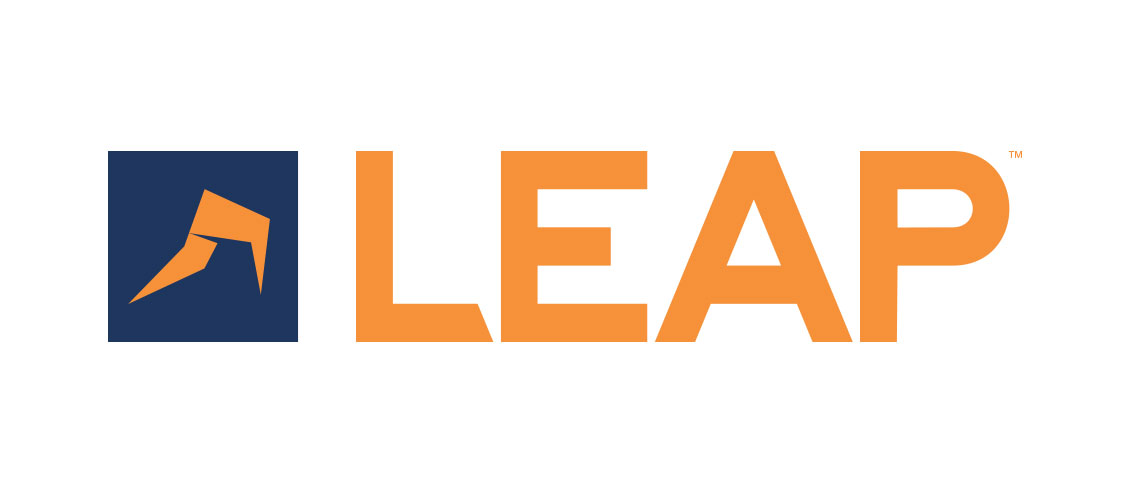
The new round of fines dished out to 68 estate agents by HMRC for breaches of anti-money laundering rules might make it appear that many regulated firms are still not taking their compliance responsibilities seriously.
But research carried out in two tranches by SmartSearch, the UK’s leading anti-money laundering (AML) platform, shows that the message about compliance does seem to be getting through to many regulated companies.
SmartSearch surveyed 500 decision-makers in the property, legal and finance and banking sectors in June 2021 and again in May 2022 and, in many key areas, regulated firms had improved their understanding of and commitment to compliance.
For example, in 2021, nearly one in ten (nine per cent) of the firms surveyed admitted to not verifying the identity of new individual customers. By May 2022, that figure had dropped to just one per cent. And, in 2021, 13 per cent of those surveyed said they either didn’t or weren’t sure if they checked on the owners or directors of new business customers. In 2022, that figure had more than halved to six per cent.
Meanwhile, the reliance on hard-copy – and easily forged – documentation like passports or driving licences to identify new customers dropped from more than a quarter (28 per cent) of companies in 2021 to a less than a quarter (22 per cent) this year.
Martin Cheek, managing director of SmartSearch said:
AML and sanctions regulations are weighing heavily on many regulated firms, so it’s a welcome change to see some positive moves forward.
One of the biggest data shifts was around the use of electronic verification (EV) to onboard and monitor customers. Using EV is the quickest and most effective way for regulated firms to reduce their risk of a compliance breach and its use is recommended in the 2020 Money Laundering and Terrorist Act.
In 2021, less than two-thirds (63 per cent) of the firms surveyed said they would consider switching to electronic verification. In 2022, 83 per cent of firms were considering the switch – an increase of more than 30 per cent.
Martin Cheek added:
As AML and sanctions compliance become more complex, and the Government hands out an increasing number of fines for breaches, it’s encouraging to see a significant increase in the number of firms identifying EV as the quickest and most effective way to navigate the compliance minefield.
EV can carry out identity and sanctions checks on new and existing customers without the need for manual verification. EV solutions like the one offered by SmartSearch will save regulated firms time and money and help them to minimise the risk of breaking the rules.
For more information please visit: www.smartsearch.com
Read more articles from Modern Law Magazine here




